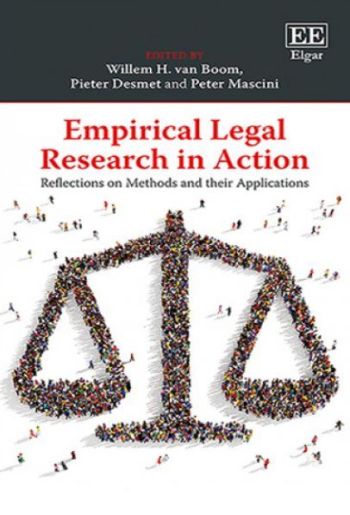
Empirical legal research is a growing field of academic expertise, yet lawyers are not always familiar with the possibilities and limitations of the available methods. Empirical Legal Research in Action presents readers with first-hand experiences of empirical research on law and legal issues.
The chapters, written by an international cast of scholars, reflect on the methods that they have applied in their own empirical work, spanning a wide breadth of research from psychological experiments in personal injury to field studies in criminology. Empirical Legal Research in Action not only reviews the advantages, limitations and challenges that such methods pose but also considers the value of empiricism to lawyers and the law. Vitally, the contributions offer an academic reflection on methodological challenges, as well as the relevance, of empirical research for lawyers.
This insightful book will be useful reading for academic researchers in law and for policymakers seeking to understand the methodological challenges of empirical work in legal research. Social sciences scholars will also find this book of interest to appreciate the multitude of methods in empirical legal research.